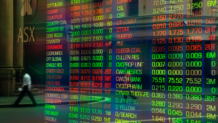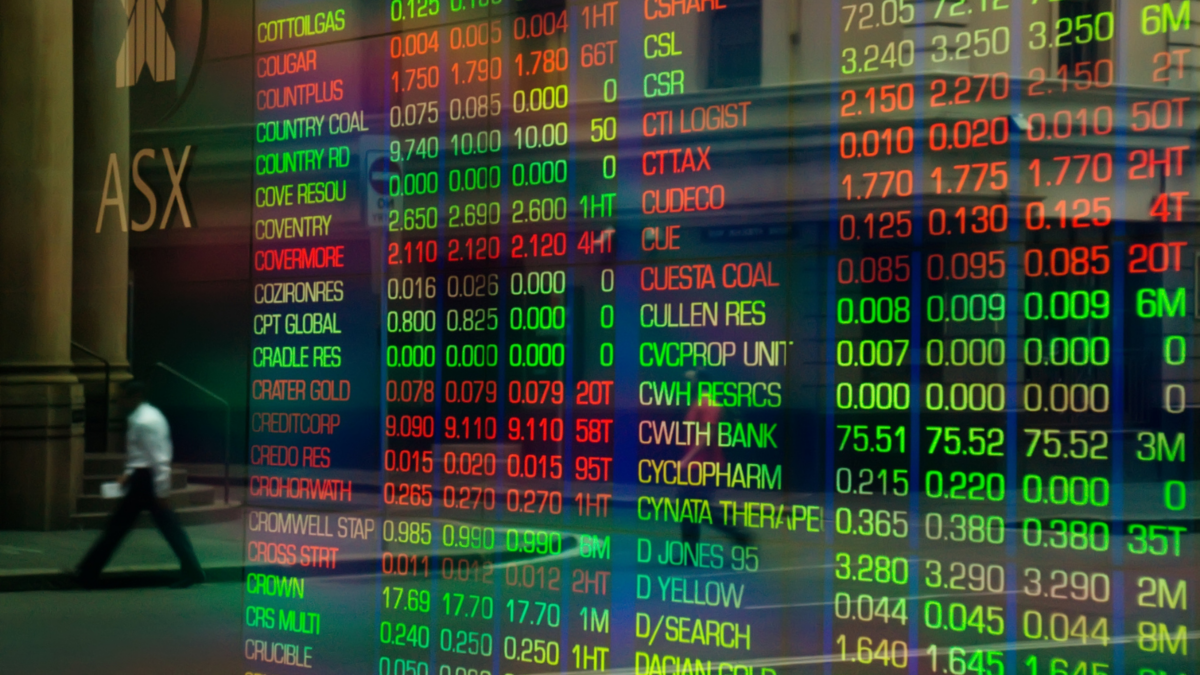The truth about ESG: Australian Ethical
Despite the great strides made in environmental, social and governance issues across companies and across society, great swathes of investors have a tainted view of what ESG screens are and what they actually mean according to $6 billion money manager Australian Ethical.
What investors often misunderstand is that despite having ‘environmental’ as part of its description, the application of ESG integration screens into an investment style or approach doesn’t actually mean it excludes companies that damage the environment, the report explains.
“Indeed, many investors would be shocked at the companies that still pass the environmental, social and governance screens of their super or managed fund,” the manager says in its latest 2022 Sustainability Report, released Wednesday.
An ESG approach to investing only means that companies are assessed for the risks posed by environmental, social and governance issues, the report explains, and that the potential for financial harm to the investor is appropriately priced into the investment.
In other words, it looks after the prima facie financial concerns a client may have around a particular investment’s ESG bona fides, but not necessarily the real and long-term ESG considerations of that investment for the planet and its inhabitants.
“That is, an ESG approach doesn’t necessarily stop the fund investing in a fossil fuel company, but rather ensures that the fund is not paying too much if it does invest given the known ESG risks.”
Australian Ethical gave the war in Ukraine as a salient example of the difference between considering ESG for investment risk and considering ESG for investment risk plus real world impact.
“That financial concerns remain paramount with an ESG approach became abundantly clear in early 2022 when Russia’s invasion of Ukraine led to a surge in fossil fuel prices and consequently an increase in valuations in this sector,” it states.
“Many investors who had been touting the environmentally friendly aspects of their ESG process were quick to jump into the traditional energy companies when they calculated the financial outcomes made these risks worth their while.”
Those energy investments may be financially beneficial in the short term, but embracing traditional energy still involves a lot of bigger “existential” risks spanning climate change, pollution and carbon intensity, the asset manager says.











